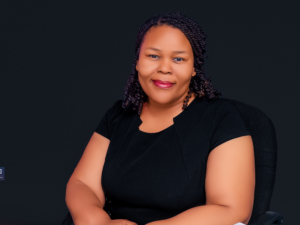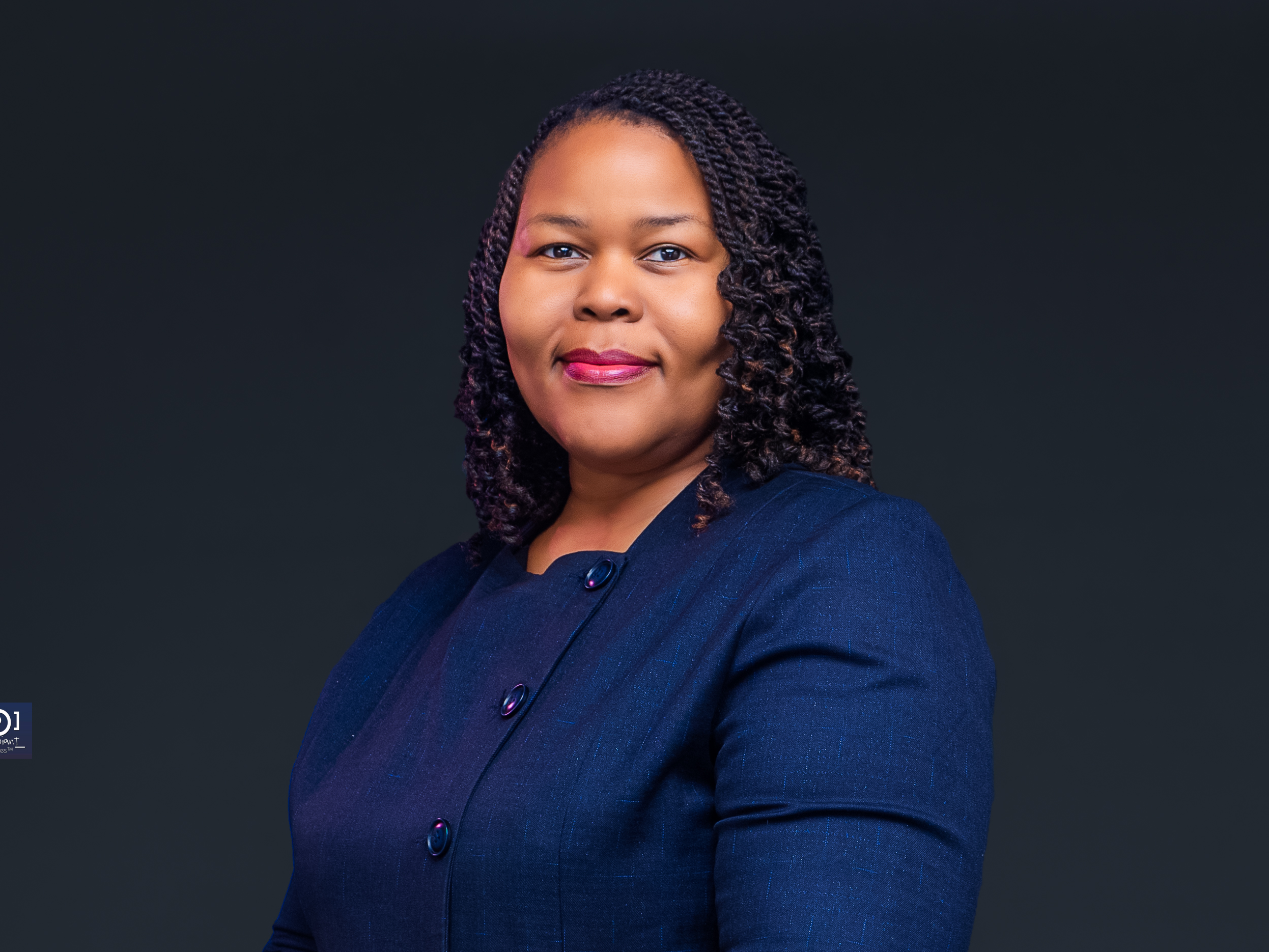In Malawi, the promise of education fades too quickly for most children. Only one in three children completes primary education—and the numbers fall sharply as they advance.
Children from rural areas and poor households are consistently left behind, while those from urban and wealthier families are more likely to progress.
The contrast is striking: 67% of children from the higher class complete primary education compared to just 11% from the lower class. By senior secondary, 43% of the richest children complete their studies, but less than 2% of their poorest peers achieve the same.
For girls, the challenges are compounded by poverty, early marriage, and pregnancy. Almost half of young women are married before the age of 18, and more than half 52% of those who were married before 18 never set foot in a secondary-school classroom.
Although the share of girls who complete primary school is marginally higher than boys, this advantage blurs at higher levels, with only 15% of girls and 16% of boys finishing upper secondary school.
These statistics mirror what Chimwemwe Kamwendo observed growing up. She recalls the student population in her classroom shrinking year after year.
Today, Chimwemwe is the Chief Operations Officer at Kwera, an organisation financing higher education for vulnerable students in Malawi. With more than 1,500 students currently enrolled, Kwera provides tuition support and addresses the barriers that have long restricted young women from completing their studies.
Born the fifth of six children, Chimwewe was raised in a middle-class home that prioritised education. “I had an okay life,” she says, “but around me, I saw a lot of other girls who lacked the right support system to attain a good education and build a future for themselves.”
Following her graduation from the University of Malawi in 2014, Chimwemwe taught at Lilongwe Girls’ Secondary School, where she confronted another blatant inequality: no textbooks and underqualified teachers.
“There were a lot of challenges that you could see most of the learners were facing,” she recalls. “It was not because they weren’t capable, but because they didn’t have the same opportunities.”
This encounter demonstrated that the education system was not failing because children lacked ability or aspiration, but because structures around them made completion an impossible task.
In 2016, she joined the justice sector, engaging with incarcerated women and girls at the Centre for Legal Assistance.
In one of Malawi’s prisons, Chimwemwe helped to establish a school, which continues to this day. “It showed me that even in prison, education can restore dignity,” she reflects.
A climb with Kwera
Chimwemwe’s journey with Kwera took off later that same year, before the organisation was established in Malawi.
When Jimmy Scavenius, a Danish social entrepreneur who believed African youth had the same potential as their global peers but lacked support and opportunity, first explored bringing his project to Malawi, she was recruited as part of the research team tasked with mapping the country’s education system.
“We looked at everything from enrollment and dropouts to financing options available for students,” she explains. The findings confirmed that Malawi’s education pipeline was broken, and vulnerable students—particularly girls—were among those hit hardest.
The research gave Scavenius the confidence to launch the Malawian arm of the initiative in 2017, and Chimwemwe was there from the start to help register the organisation and build its structures.
Kwera is dedicated to promoting equitable education access and ensuring that students complete their education to a higher level. The name “Kwera” is a Chichewa word that means “climbing,” used to denote the uphill journey that Malawian children face in pursuit of education.
In 2017, Kwera enrolled its pioneer students: 10 male and 10 female. At first, it only admitted students with top grades, “but most of the students admitted were male,” Chimwemwe says.
Closing Malawi’s education gap
She pushed for reforms, and the organisation broadened the eligibility to allow female students from under-resourced rural schools. “They had the potential,” Chimwemwe explains, “but their schools had not given them the tools to excel.”
In the early days, Kwera spread mostly by word of mouth. As numbers grew, Chimwemwe and her team worked up a structure in time.
“We go out in secondary schools in rural areas to sensitise students about Kwera,” she says. “We let them know that if you get selected for university, there is an option.”
She says that the organisation collaborates with directors of student affairs at various universities to track students in need.
Beyond schools, Kwera also works with communities, churches, and the media.
Though based on academic performance, the new selection scheme is sensitive to gender and background. Male applicants must score 18 points or lower on their Malawi School Certificate of Education, while females are considered up to 25 points.
The Malawi School Certificate of Education (MSCE) employs a point system based on a student’s performance in six subjects.
Each grade carries a numerical value: an A counts as 1 point, a B as 2 and a C as 3, with lower grades carrying higher points. The total is calculated across subjects: the lower the score, the better the performance.
The programme has since grown exponentially, supporting more than 1,500 students across Malawi’s six public universities. “Of the 1,500, 62 percent are females,” she notes.
Beyond tuition
So far, the organisation has developed initiatives to provide scholarships for vulnerable students, mentorship programmes for secondary-school girls, and community partnerships to deter early marriage and reduce adolescent pregnancies.
“We cannot just celebrate enrollment numbers,” Chimwemwe stresses. “The question we must ask is: how many of these children actually complete their education?”
The odds are particularly stark for girls. Many are married off to ease financial pressure. Others face transactional relationships that leave them vulnerable to early pregnancies.
Kwera also provides laptops, alongside resources for specialised courses like nursing. Students submit their exam results each semester, and after-school tutorials are arranged for those with less than optimal grades. These measures have reduced dropouts in the organisation from 2% to less than 1%.

But beyond academics, Kwera has nurtured a spirit of solidarity.
When one of their beneficiaries was diagnosed with plastic anaemia and required surgery in India, the community rallied together, organising fundraising initiatives to cover medical expenses. “The students came together in one spirit,” she recalls. “It was a different kind of fundraising, born out of love.”
Despite their efforts, the young man did not survive. The loss was devastating, but it revealed the depth of resilience and compassion that education had sparked among them.
For female students, harassment, unplanned pregnancies, and cultural expectations weigh heavily. Kwera responded by establishing a helpline where female students can confidentially report harassment or abuse.
Counsellors and psychologists provide trauma support, helping survivors stay enrolled. “We wanted a safe space where young women feel they are not alone,” Chimwemwe says.
The organisation also supports single mothers in balancing parenting with coursework, offering mentorship and flexible aid.
The Payback Policy
Students are encouraged to give back. They participate in motivational talks at schools, tree planting, and community clean-ups. “We want them to know that they have a role to play in sustaining their communities.”
As such, Kwera operates a payback policy where graduates return funds once they are earning an income. To see to this, students also go through a four-year skills-building programme alongside their studies.
This programme is divided into parts: leadership in the early years, followed by innovation and entrepreneurship training. Some go on to business incubation, where they learn to pitch to investors. Partnerships with private companies also provide internships, many of which lead to permanent jobs.
Kwera’s progress is not without challenges, however. Each year, it receives over 2,000 applications but can only admit about 300 students due to limited funding.
Dropouts from the scheme, though rare, are disproportionately female, often linked to pregnancy or relationship issues. “Of that 2 percent dropout rate, 95 percent were females,” Chimwemwe says. “At the moment, it has dropped to less than 1%.”
The future ahead
Chimwemwe started out as a research climber in 2017 and was appointed Head of Operations at Kwera in 2019, overseeing the organisation’s expanding programmes and student-support systems. In 2022, her dedication and impact earned her a promotion to Chief Operations Officer.
The goal is to finance 5,000 students in Malawi by 2030, while expanding into Tanzania, Zambia, and Botswana.
“We want to ensure that the youth of Malawi, and of Africa, are able to achieve their dreams,” she says with quiet conviction.
Summary not available at this time.






